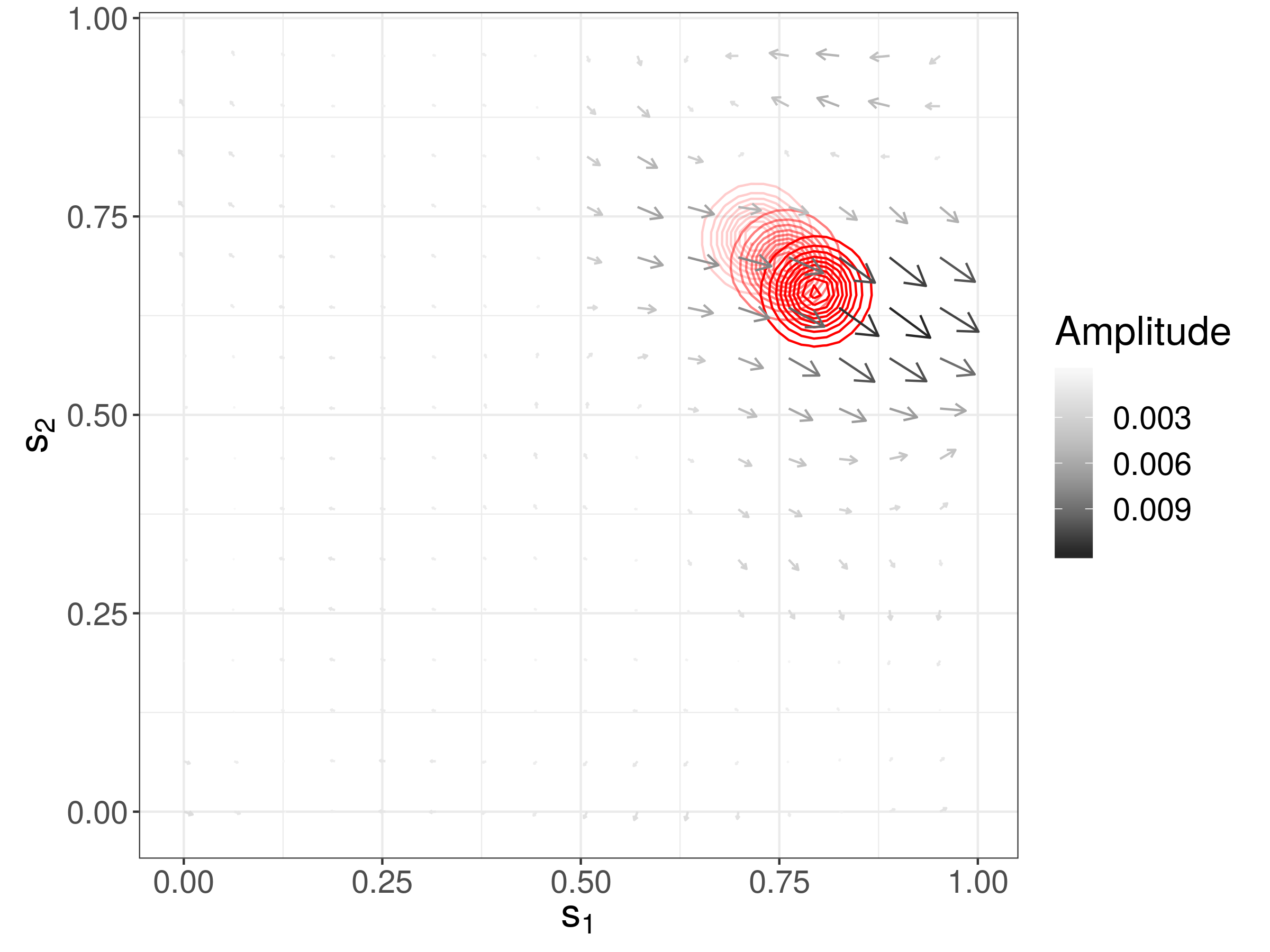Deep Integro-Difference Equation Models for Spatio-Temporal Forecasting
Integro-difference equation (IDE) models describe the conditional dependence between the spatial process at a future time point and the process at the present time point through an integral operator. Nonlinearity or temporal dependence in the dynamics is often captured by allowing the operator parameters to vary temporally, or by re-fitting a model with a temporally-invariant linear operator in a sliding window. Both procedures tend to be excellent for prediction purposes over small time horizons, but are generally time-consuming and, crucially, do not provide a global prior model for the temporally-varying dynamics that is realistic. Here, we tackle these two issues by using a deep convolution neural network (CNN) in a hierarchical statistical IDE framework, where the CNN is designed to extract process dynamics from the process' most recent behaviour. Once the CNN is fitted, probabilistic forecasting can be done extremely quickly online using an ensemble Kalman filter with no requirement for repeated parameter estimation. We conduct an experiment where we train the model using 13 years of daily sea-surface temperature data in the North Atlantic Ocean. Forecasts are seen to be accurate and calibrated. A key advantage of our approach is that the CNN provides a global prior model for the dynamics that is realistic, interpretable, and computationally efficient. We show the versatility of the approach by successfully producing 10-minute nowcasts of weather radar reflectivities in Sydney using the same model that was trained on daily sea-surface temperature data in the North Atlantic Ocean.
PDF Abstract
